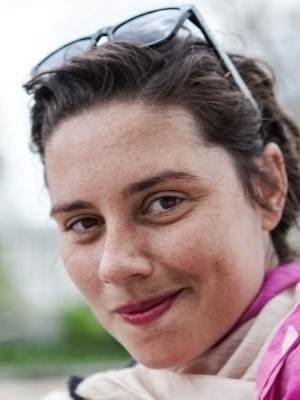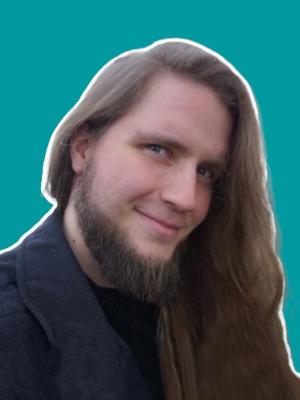Zero to not zero: When and how to start a community
Posted on 6 July 2023
Zero to not zero: When and how to start a community
 By SSI Fellows Meag Doherty, Jesper Dramsch.
By SSI Fellows Meag Doherty, Jesper Dramsch.
How do you create something from nothing?
In March, a group of SSI community members gathered for our monthly Community Building Study Group (a great feature of the fellowship program!).
The agenda: When and how should a community exist?
Here’s where the discussion ended up on:
- A clear purpose and obvious benefit for the members: This should be the first step. Like a mission statement, make sure the purpose is clear and understandable for the audience.
- Recruit existing community leaders: Jesper described it as “find the well-connected nodes in your social graph” to expand your reach into existing communities and networks.
- Building community is hard work: The level of effort may be obvious, but it’s a good reminder that community building needs real focus and attention and should not be just a side project you think about sometimes.
- Keep it fresh: Community takes care and feeding. As the community leader, it’s up to you to make sure that the community is active and fill in where others may not be sharing as much.
- Remember a Code of Conduct: Even when your community is small. You don’t think you need one until you need one. Create this from the outset. This is not just a document, you will also need the mechanisms to enforce it.
- Strong bonds share work: Think about the relationships among the community members. When members are conencting directly with each other, they are more likely to ask each other for help, work together on shared problems, and move the community forward.
- Community building takes time: Even the RSE community took years to develop. Be persistent and focus on who you have in your community and less on who you don’t.
As for Meag, she is undecided about creating a brand new community working on usability in scientific OSS, and instead develop a sub-community or special interest group within existing related communities like Open Source Design, Turing Way and Open Life Sciences.
As for Jesper, they have just started The Latent Space, an inclusive community about real-world machine leaning outside of the yelling match that is social media. Still trying to figure all of this out.
Thank you to Catherine, Jesper, Shaoib and Yo for a great discussion and Meag for leading it!


